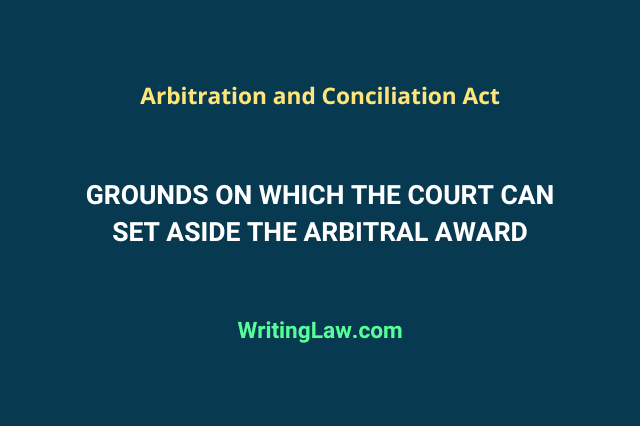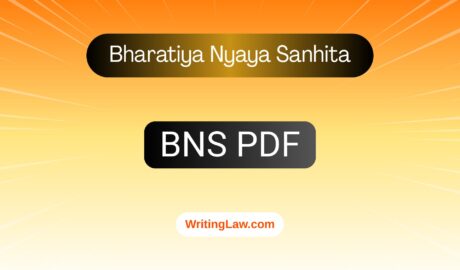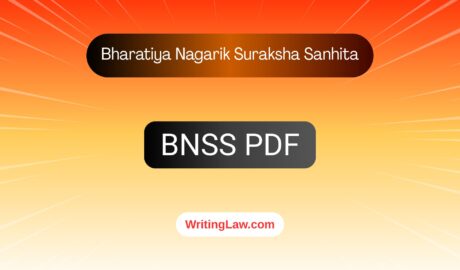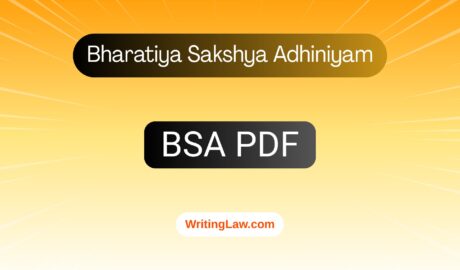
When two parties sign an arbitration agreement according to section 7 of the Arbitration and Conciliation Act, 1996, both parties are bound by the terms of the agreement. If a disagreement occurs in the future and the parties choose arbitration, the arbitrator’s decision will be final and binding on both parties.
However, there are situations where either one party or both parties are unhappy with the decision. The Arbitration and the Conciliation Act offers a remedy in such a case. The parties have the choice to address their concerns in such situations. Section 34 of the Arbitration and Conciliation Act specifies a few justifications whereby the parties can request the annulment of an award. Further, section 37 of the Arbitration and Conciliation Act specifies the conditions under which certain rulings may be appealed.
In this law note, you will study the grounds on which the court can set aside the arbitral award.
Setting Aside Arbitral Award
A court cannot intervene on the merits of an arbitral award, nor can the parties appeal against it. The Supreme Court stated, “An arbitrator is a judge designated by the parties, and no one can tamper the award given by him”. However, this does not imply that the arbitrator’s actions are not reviewed. The law permits certain remedies against an award for easy conduct of the procedure.
The Arbitration Act of 1940, which was abolished, provided three ways to challenge an award: modification, remission, and setting aside. Whereas the Arbitration and Conciliation Act of 1996 divided these remedies into two categories (i.e., modification and setting aside). The remedy has been given to the parties, and the tribunal was intended to correct mistakes. Returning the award to the tribunal for correction of errors has been modified as the remedy for setting aside.
Grounds on Which the Court Can Set Aside an Arbitral Award
A court may set aside an arbitral award on the grounds listed in section 34 of the Arbitration and Conciliation Act, 1996. These factors include:
Here is more about these grounds.
1. Incapacity of Parties
The award will not be binding on a party to the arbitration who is incapable of protecting his own interests and who is not represented by a person who can do so, and in such a situation, it may be set aside on that party’s application.
A party who is a juvenile or a person of unsound mind must be appropriately represented by a guardian for the award to be upheld. The court will have to appoint a guardian for a youngster or a person who is mentally ill for the purpose of arbitral proceedings under section 9 of the Arbitration and Conciliation Act, 1996. When a guardian represents the incapacitated individual, the basis for the incapacity will no longer be valid.
2. Invalidity of Agreement
An agreement’s legality may be contested on any of the grounds on which the legality of the contract may be contested. When an arbitration clause is part of a contract, the contract’s invalidity renders the arbitration clause ineffective.
In State of UP vs Allied Constructions (2003), the court ruled that an agreement’s legality must be determined in accordance with the laws that the parties have submitted. If there is no such indication, the legality will be assessed under the applicable legislation.
3. Notice Not Given to Parties
As per section 34(2)(a)(iii) of the Arbitration and Conciliation Act, 1996, an award may be challenged if a party did not get appropriate notice of the appointment of the arbitrator, the arbitral procedures, or the party’s inability to submit his case for any other reason.
Dulal Poddar vs Executive Engineer, Dona Canal Division (2003) [AIR 2004 SC 1049]: In this case, the court determined that the appellant’s request for the appointment of an arbitrator without notifying the respondent, as well as the arbitrator’s ex-parte decision, were unconstitutional and subject to review.
4. Award Beyond the Scope of Reference
The scope of the arbitrator’s power and jurisdiction is specified by the reference of a dispute under a contract. The award would be illegal and subject to modification if the arbitrator claimed jurisdiction over matters which is not under his authority.
5. Illegality of Arbitral Procedure
According to section 34(2)(a)(v) of the Arbitration and Conciliation Act, 1996, an award may be challenged if the tribunal’s membership did not follow the parties’ agreement, or the parties’ agreed-upon procedure was not followed in the conduct of the proceedings, or in the absence of a procedure agreement, or if the prescribed procedure of the Act was not followed.
Procedure misconduct occurs when the agreed-upon procedure or the procedure outlined in the Act is not followed. If the arbitral tribunal decides to pursue an issue that is obviously outside the purview of its jurisdiction, this will constitute arbitrator misconduct. Arbitrator misconduct will be proven by an award in which the arbitrator willfully departed from the arbitration agreement and terms of reference.
6. Award Against Public Policy
If an arbitral award is at odds with Indian public policy, an application to set it aside may be submitted, according to section 34(2)(b)(ii) of the Arbitration and Conciliation Act, 1996.
An award obtained by fraud or corruption will likewise be considered against Indian public policy, as is made clear in the explanation of clause (b) of section 34(2)(b) of the Arbitration and Conciliation Act.
An award that was gained by concealing information, misrepresenting or manipulating the arbitrator, buying their favour, applying pressure to the arbitrator, etc., is also likely to be set aside.
Conclusion
As per the provisions of the Arbitration and Conciliation Act of 1996, the court can set aside the arbitral award on certain specified grounds. Either of the parties can file for setting aside the arbitral award before the court of law, and then the court decides whether to set aside the award or not.
Read Next:
1. Meaning, Objects, and Essentials of Arbitration Agreement
2. Arbitration Council of India – Composition, Functions, and More
3. Arbitration In Sports in India – Court of Arbitration for Sports (CAS)
- 13 Characteristics of a Company Under the Companies Act - 5th March 2024
- Lee vs Lee’s Air Farming Ltd – Case Explained - 5th March 2024
- Relevant Facts Under the Indian Evidence Act - 14th January 2024











